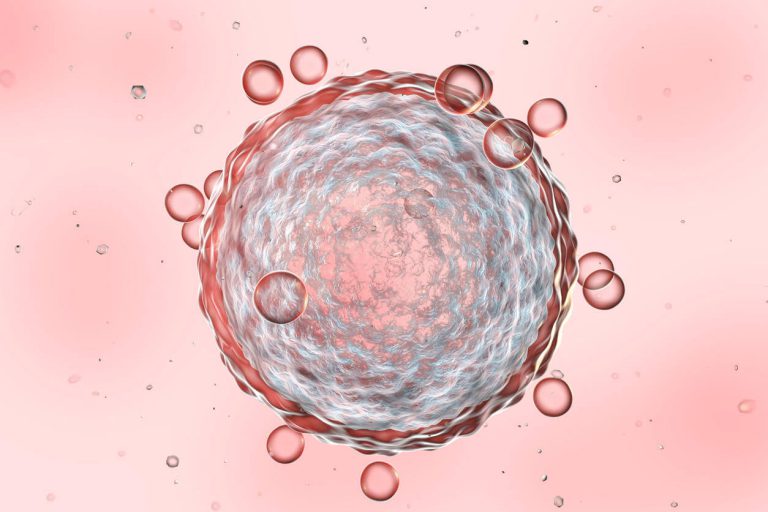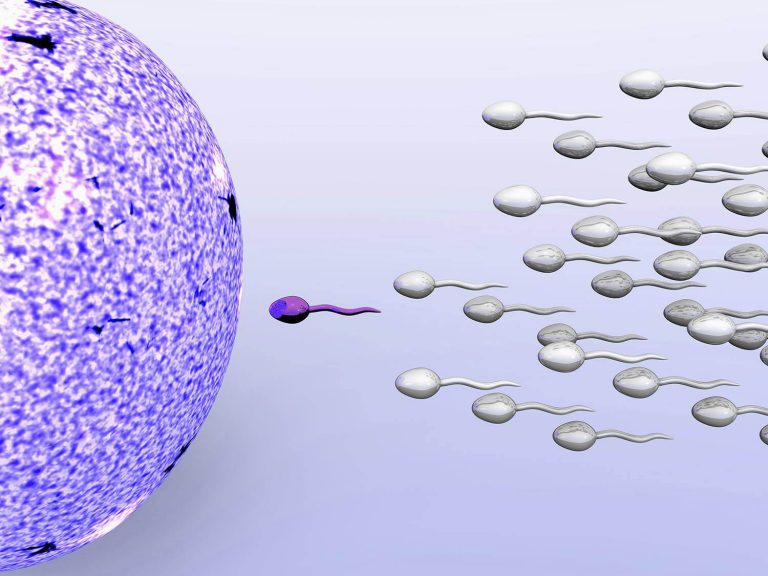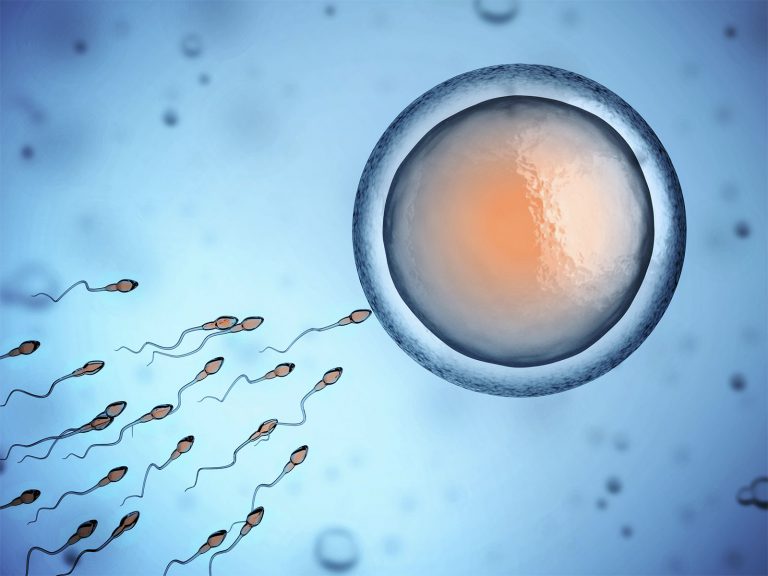Also known as a tubal pregnancy, an ectopic pregnancy occurs when a fertilized egg implants itself outside of the uterus, primarily in the Fallopian tubes. An ectopic pregnancy is a pregnancy that cannot come to term and will typically end on its own, though it may require removal surgery in some cases.
What Causes an Ectopic Pregnancy?
Ectopic pregnancies are caused by a fertilized egg implanting before it reaches the uterus.
The Fallopian tubes are full of tiny hairs called cilia which essentially function to carry the fertilized egg from the ovary to the uterus. Anything that interrupts the cilia’s ability to carry out this process – that is, anything that causes them to stop moving or lose their “grip” on the egg — can result in the egg implanting itself in the Fallopian tubes.
Risk Factors for Ectopic Pregnancy
Some risk factors that appear to be linked to higher incidences of ectopic pregnancy include pelvic inflammatory disease, infertility, having an IUD, previous surgeries, endometriosis and tubal ligation.
Women who are heavy smokers are almost 4 times more likely to have an EP, likely due to the fact that nicotine lowers blood flow to Fallopian tubes and appears to reduce the movement and functioning of cilia.
The connection between endometriosis and ectopic pregnancy appears to be connected with the fact that movement of cilia and tubal transport of gametes and embryos is disrupted in those with endometriosis. Scar tissue in the Fallopian tubes can also disrupt cilia movement and function. PID, Asherman’s Syndrome, and tubal ligation or reversal surgeries can all result in tubal scar tissue.
Ectopic Pregnancy Symptoms
About 10% of those experiencing an ectopic pregnancy will not have symptoms or signs, and even when symptoms do appear, they can be quite minor and can mimic many other common conditions, such as appendicitis, cysts, or even infections of the urinary tract.
The most common symptoms include bleeding, sudden pain in the abdomen or pelvis, and on occasion nausea, vomiting and diarrhea. If the pregnancy ruptures there can be symptoms like tenderness, abdominal swelling and inflammation, and shock.
How Common are Ectopic Pregnancies?
Ectopic pregnancies may be anywhere from 1% to as high as 4% of live births, with the higher number more likely to represent those using assisted reproductive technology (ART). The number of women experiencing ectopic pregnancies with ART appears to be decreasing, most likely due to the fact that multiple embryo transfers are less commonly used. Studies suggest that women with tubal factor infertility can be up to 25% more likely to experience an ectopic pregnancy.
Are Ectopic Pregnancies Dangerous?
Ectopic pregnancies cause around 32 deaths per 100,000 pregnancies, with the percentage of deaths being significantly higher in less developed countries. If left untreated, they can be harmful or even fatal and thus if suspected should be treated as a medical emergency. For instance, an egg embedded in a Fallopian tube may damage the tube, the results being severe bleeding and infection.
Can an Ectopic Pregnancy be Saved?
An ectopic pregnancy is a pregnancy that cannot come to term and will typically end on its own, though it may require removal surgery in some cases. There is no way of moving the fertilized egg to the womb and termination is necessary.







